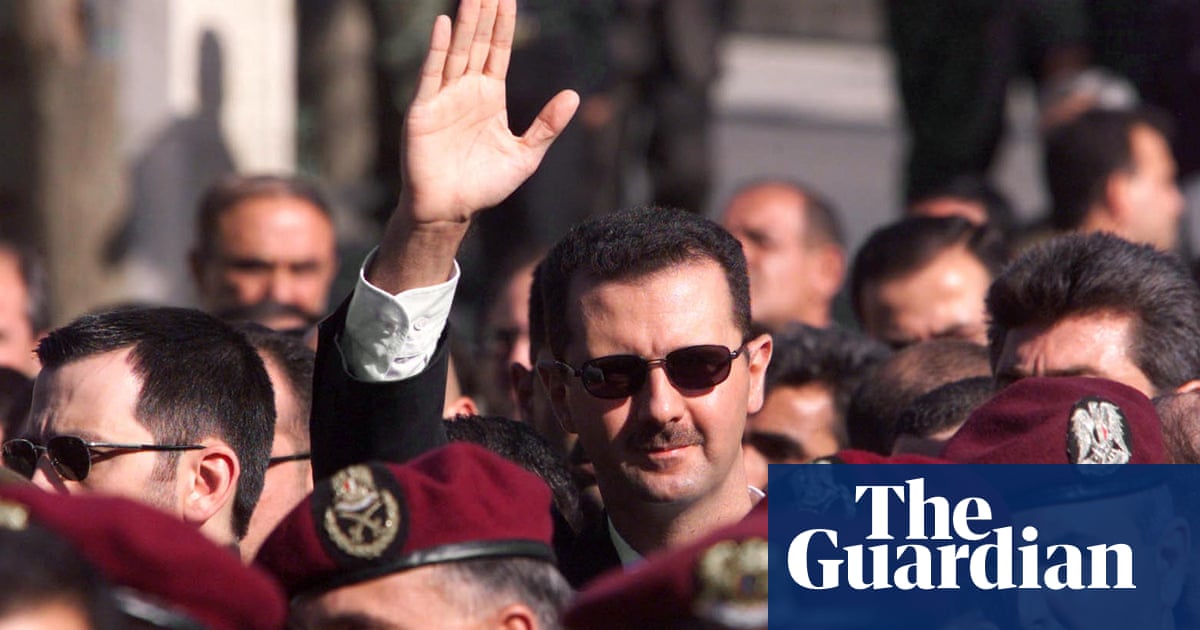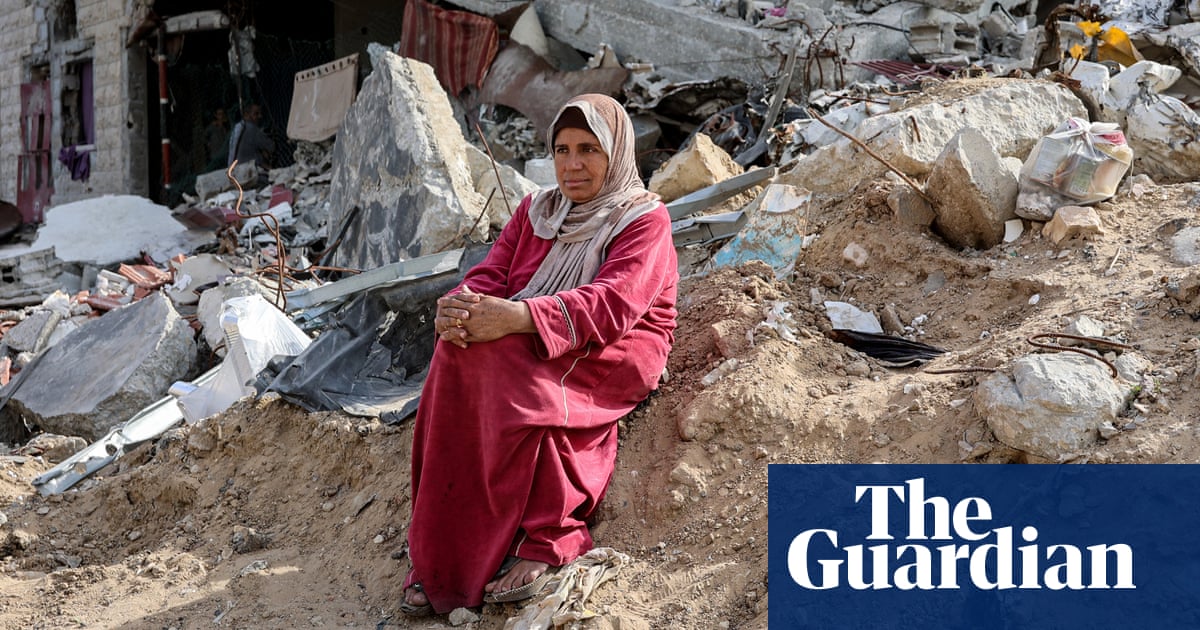Was it the too-big carry-on bag? Or perhaps a rise in passenger intoxication? Or the “gate lice”? US airlines are attempting a crackdown on passengers’ bad behaviour without anyone being exactly sure what led to the increase in problematic travellers.
Last week saw Svetlana Dali, a US resident travelling on a Russian passport, appearing in court in Manhattan after stowing away on a Delta Air Lines flight to Paris.
Dali had slipped through security, boarded the plane and was only apprehended when a flight attendant allegedly saw her going between bathrooms as the plane came in to land. She later, allegedly, resisted efforts by French authorities efforts to return her to the US.
Dali’s case, while unique in its security failures, is not when it comes to generalized bad airline travel behaviour. Out of the ordinary travel attitudes came to broader attention during the pandemic when airlines, desperate for revenue, dropped prices.
Three years on, and with air travel prices high and planes packed – Transportation Security Administration data says 3.09 million passengers were checked in on 1 December, a new record and only the second time that number has surpassed 3m – the phenomenon has not significantly subsided.
Among the highlights: a fight over a blanket on an Air Canada flight to Montreal from Morocco that was later cancelled; a man on a United Airlines flight from Austin to Los Angeles had to be restrained after he began violently kicking a seat and smashing a plastic tray table; a woman, Tiffany Gomas, who yelled “that motherfucker back there is not real!” during an altercation on an American Airlines flight; and a woman who threatened to pee in the middle of the aisle because a flight attendant told her she needed to wait to use the lavatory.
The Federal Aviation Administration (FAA) counted 1,900 reports of unruly passengers in 2023. The problems sharply rose during the pandemic, with the FAA noting a 492% spike in 2021. One analysis found there were more air rage incidents that year than in the three decades before Covid combined.
Psychologists blame the uptick on a number of factors, including worsening cabin conditions, the normalization of aggressive behaviours against service workers, and political differences. Fifty-seven percent of flight attendants say a passenger has assaulted or harassed them in just the past year.
Aly Vredenburgh, a business consultant, was cited in a University of Wisconsin report citing the stress of tight quarters, noise, bad smells, lack of personal space and hunger to create “a perfect storm of triggered people” similar to road rage. About half of Americans (49%) say people in their area are driving more dangerously than before the pandemic, according to Pew Research.
Robert Mann, an airline industry expert, says there are also other factors.
“Air travel has become democratized so expecting people to act differently on airplanes than in public at large is probably unrealistic,” he says.
Mann points to the boarding process, where airlines seek to maximize revenue by segmenting passengers into tiers of value according to the fares, and not need, as one area of stress.
“You want to board people who are less mobile or with children first as a sign of good will but that doesn’t track with the marketing stuff that wants people who pay the most to get on first,” he adds.
American Airlines recently instituted a policy against passengers hovering around the boarding gate – the so-called “gate lice” – who sometimes try to board ahead of their group assignments.
Technology used in trials at Albuquerque, Tucson and Washington airports now trigger an alarm if a passenger scans their boarding pass before their group number is called. The airline has said the technology is intended to “improve the boarding experience”, per Travel + Leisure.
after newsletter promotion
But few areas of airline travel, other than delays, are likely to trigger certain behaviours than the wheelie bag. Airplane manufacturers have increased overhead capacity as passengers try to cram more into the bins, but the wheelie bag itself has gotten bigger.
Also a factor is that trailing a wheelie bag instead of checking, often for a cost, has made queues three times longer and passengers are adept at avoiding luggage sizer systems.
“There’s a huge game that goes with trying to carry the most amount on board, but that’s means carrying something large and unwieldy you wouldn’t during the normal course of a day,” says Mann, who describes the carry-on as “diabolical”.
“If you allow people to play that game, they will do it. And of course there will never be enough capacity.”
Passengers are advised to get to airports two hours early, and airport operators have designed airports to maximize the distance from security to gate to maximise revenue for shops, restaurants and bars, which in turn helps lowers the cost airlines pay for gate fees.
As a result, passengers may then be drunk and heavily shopped – both potential avenues for aggravation.
“By the time they arrive at the gate they are fit to fly, but not really,” says Mann. “Some of the behaviours, I think, are the result of the time passengers spend at the terminal.”

 3 months ago
60
3 months ago
60













































